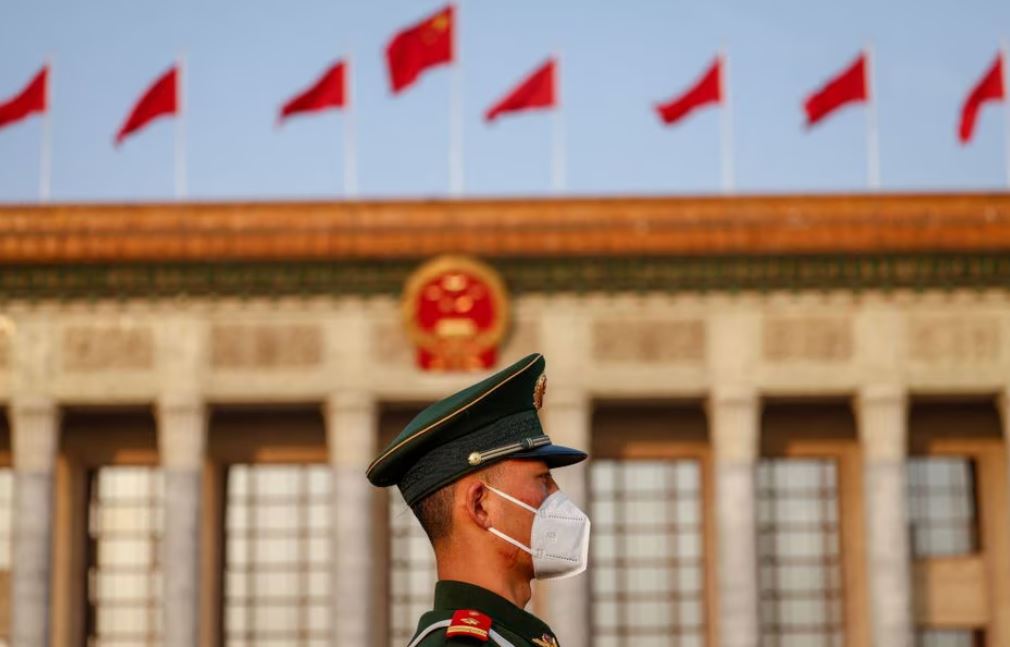The controversial amendment to the cooling-off period provision in the Civil Service Act—bypassing the parliamentary process—is not just an insult to lawmakers and Parliament, but also a violation of the Constitution. The Federal Civil Service Bill, 2080, passed by the House of Representatives on Sunday, included a sudden change to the clause that originally barred civil servants from being appointed to constitutional or civil service positions within two years of their resignation or retirement. This provision, initially endorsed unanimously by the State Affairs and Good Governance Committee of the Parliament, stated that civil servants could only be appointed to such roles after a mandatory two-year cooling-off period. The committee—composed of MPs from all political parties represented in Parliament—had reviewed and approved this clause, and its decision is reflected in the bill’s preliminary note on the Parliament Secretariat’s website. However, when the bill was tabled for discussion in the House, the provision had mysteriously been altered. There is no transparency about how or who made the change. Since the bill travels from the committee to the House via the Parliament Secretariat, the change of this provision raises serious procedural and constitutional concerns. It now appears that either the Parliament Secretariat or the Executive—or both—may have been secretly involved in altering the bill. This has emerged as a classic case of legislative manipulation and deception of Parliament. Naturally, this incident raises fundamental questions. Who is responsible for this unauthorized change? What was the motive? And how was it done without informing the very lawmakers who passed the bill through due process? These questions demand a full and transparent investigation.
This unauthorized alteration is a breach not only of legislative procedure but also of constitutional values. Article 238 of the Constitution defines the Civil Service Commission as an autonomous body, responsible for appointments and promotions within the civil service. The cooling-off period was established to protect the independence of the Commission and prevent conflicts of interest. Altering this clause runs directly against the constitutional principle that constitutional bodies should not be subject to government control or manipulation. This incident has exposed several deep and alarming problems in Nepal’s legislative process. First, there is the growing concern that the government has effectively taken control of Parliament, treating it as a subordinate institution and introducing or amending bills at its own convenience. Second, the relevance and authority of parliamentary committees have come under question. Even when these committees reach unanimous decisions on critical provisions, those decisions can be overturned arbitrarily by the Executive or the Secretariat. This renders the committee process meaningless. Third, MPs themselves are becoming increasingly powerless. They are not being informed of significant changes made to bills they were directly involved in drafting and debating. This is not just a procedural flaw—it is a mockery of the very idea of legislative sovereignty.
Nepal launches SDGs on Mithila Postal Stamp

It must be remembered that Parliament is not a ceremonial institution established to endorse decisions of the Executive. It is the highest policy making body of the nation. It is through Parliament that governments are formed and held accountable, and it is in Parliament that national policy is shaped. Every political party must respect the supremacy of this institution. If it is confirmed that the Parliament Secretariat and the Executive conspired to modify or remove a key clause from such an important bill, those responsible must be held accountable. It would be even more troubling if the change was made at the direction of the government, as it would open the door for retired officials from the bureaucracy, security agencies, or constitutional bodies to re-enter politics or administrative posts without sufficient separation, thereby compromising the neutrality of these institutions. Such political interference will seriously undermine the independence and credibility of constitutional agencies. Despite the gravity of the issue, the Speaker of Parliament appears to be trying to sweep the matter under the rug. Such an approach threatens the very foundation of democratic governance. The recommendations of parliamentary committees must be respected in order to ensure the effectiveness and legitimacy of constitutional bodies. The dangerous trend of bypassing parliamentary process, nullifying committee decisions, and passing bills without the knowledge of lawmakers must be stopped immediately and decisively.




































